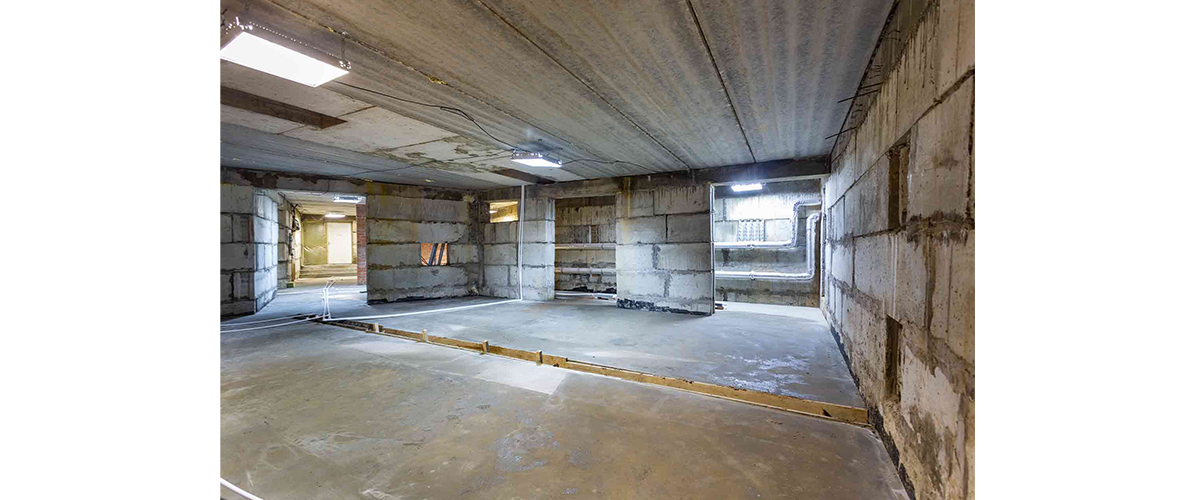Moisture can indeed be a common problem in basements, particularly in areas with high levels of humidity or frequent rainfall. To address the issue, you may want to consider installing a dehumidifier, improving ventilation, repairing any plumbing leaks, ensuring proper drainage away from your home, and sealing any cracks or gaps in your foundation. If you're unsure of the cause of the moisture, you may want to consult with a professional to identify and address the problem.

Why is my basement always damp?
Moisture in basements can be caused by a variety of factors, such as poor ventilation, groundwater infiltration, plumbing leaks, or inadequate insulation. If left unaddressed, excessive moisture in basements can lead to mold growth, musty odors, and even structural damage. It's important to take steps to prevent and address moisture issues in basements, such as installing a dehumidifier, sealing cracks and gaps, improving ventilation, and addressing any underlying plumbing or drainage issues.
Some common causes include:
Poor ventilation: If your basement doesn't have adequate ventilation, it can trap moisture and make the space feel damp.
Plumbing leaks: Leaky pipes or fixtures can contribute to excess moisture in your basement.
High humidity: If the air in your basement is too humid, it can cause condensation and make surfaces damp.
Poor drainage: If water is not properly drained away from your home's foundation, it can seep into your basement and cause dampness.
Cracks in the foundation: Cracks in the foundation can allow water to enter your basement and cause dampness.

What's the best way to dehumidify a basement?
There are several ways to dehumidify a basement. Here are some of the most effective methods:
Use a dehumidifier
A dehumidifier is an appliance that removes moisture from the air. It works by drawing in humid air and passing it over coils that condense the moisture, which is then collected in a tank. A ceiling mounted dehumidifier for basement can be a good option for controlling humidity in a basement. Preair is a professional dehumidifier manufacturer that can provide different types of dehumidifiers. If you are in need of dehumidifiers for basement dehumidification, please contact us as soon as possible.
Improve ventilation
Proper ventilation can help to reduce humidity in a basement. You can open windows and doors to increase airflow, or install vents or exhaust fans to improve ventilation.
Seal air leaks
Air leaks in your basement can allow humid air to enter and contribute to moisture problems. Sealing gaps and cracks can help to keep humid air out.
Insulate pipes and surfaces
Insulating pipes and surfaces can help to prevent condensation and reduce moisture in your basement.
Repair leaks
Leaky pipes, fixtures, or foundation walls can contribute to excess moisture in your basement. Repairing any leaks can help to reduce humidity and prevent further damage.
It's important to note that the best way to dehumidify a basement may vary depending on the specific cause of the moisture problem. If you're unsure of the best approach, it may be helpful to consult with a professional.
Post time: Mar-21-2023
 +86-13376814803
+86-13376814803  robert@hzhongtai.com
robert@hzhongtai.com 















